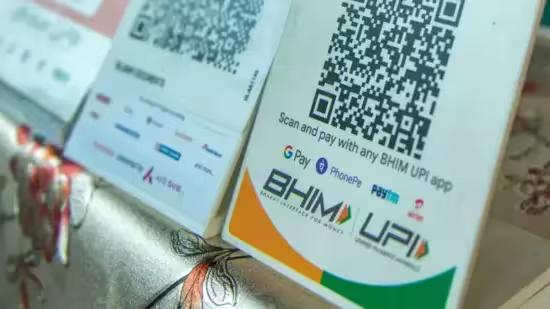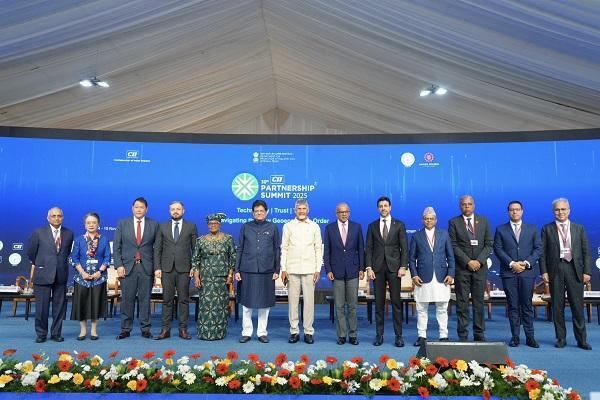
Trinidad & Tobago becomes the first Caribbean nation to adopt UPI
In a significant development, Trinidad and Tobago has become the first Caribbean country to adopt Unified Payments Interface (UPI), India’s flagship digital payment platform. This move marks a major milestone in the country’s efforts to digitize its payments system and provide citizens with a more convenient and efficient way to make transactions.
The adoption of UPI was announced during Prime Minister Narendra Modi’s two-day official visit to Trinidad and Tobago, where he held bilateral talks with the country’s Prime Minister, Keith Rowley. The two leaders also agreed to explore further collaboration in the implementation of India Stack solutions, including DigiLocker, e-Sign, and Government e-Marketplace (GeM).
UPI is a real-time payment system developed by the National Payments Corporation of India (NPCI), which allows users to send and receive money using a unique identifier, such as a mobile number or Aadhaar number. The system is widely used in India, with over 500 million registered users and over 1 billion transactions per month.
Trinidad and Tobago’s adoption of UPI is a significant development for the Caribbean region, which has been working to improve its digital payments infrastructure. The country’s central bank, the Bank of Trinidad and Tobago, has been at the forefront of efforts to promote digital payments, and the adoption of UPI is seen as a major step forward in this effort.
The Indian government has been actively promoting UPI globally, and Trinidad and Tobago’s adoption of the system is a significant milestone in this effort. The two countries have also agreed to explore further collaboration in the implementation of other India Stack solutions, including DigiLocker, e-Sign, and GeM.
DigiLocker is a digital locker service that allows users to store and access their documents, such as passports, driving licenses, and Aadhaar cards, online. e-Sign is a digital signature solution that allows users to sign documents electronically, and GeM is a government-run e-marketplace that allows businesses to purchase goods and services from government-approved vendors.
The adoption of UPI and other India Stack solutions by Trinidad and Tobago is expected to have a significant impact on the country’s economy, particularly in the areas of financial inclusion and digital governance. The system is expected to provide citizens with a more convenient and efficient way to make transactions, and to promote financial inclusion by providing access to financial services for underserved communities.
In addition, the adoption of UPI and other India Stack solutions is expected to promote digital governance in Trinidad and Tobago, by providing a secure and transparent way to conduct government transactions. The system is expected to improve the efficiency and transparency of government transactions, and to reduce corruption by providing a paperless and tamper-proof way to conduct transactions.
The adoption of UPI and other India Stack solutions by Trinidad and Tobago is a significant development for the Caribbean region, and is expected to have a positive impact on the country’s economy and society. The system is expected to promote financial inclusion, digital governance, and economic growth, and to provide citizens with a more convenient and efficient way to make transactions.
Conclusion
In conclusion, Trinidad and Tobago’s adoption of UPI is a significant development for the Caribbean region, and is expected to have a positive impact on the country’s economy and society. The system is expected to promote financial inclusion, digital governance, and economic growth, and to provide citizens with a more convenient and efficient way to make transactions.
The adoption of UPI and other India Stack solutions is a major step forward in Trinidad and Tobago’s efforts to digitize its payments system, and is expected to provide a model for other countries in the region to follow. The collaboration between India and Trinidad and Tobago is expected to promote further cooperation and collaboration in the area of digital payments and digital governance, and to provide a platform for other countries to adopt India Stack solutions.
Source:






